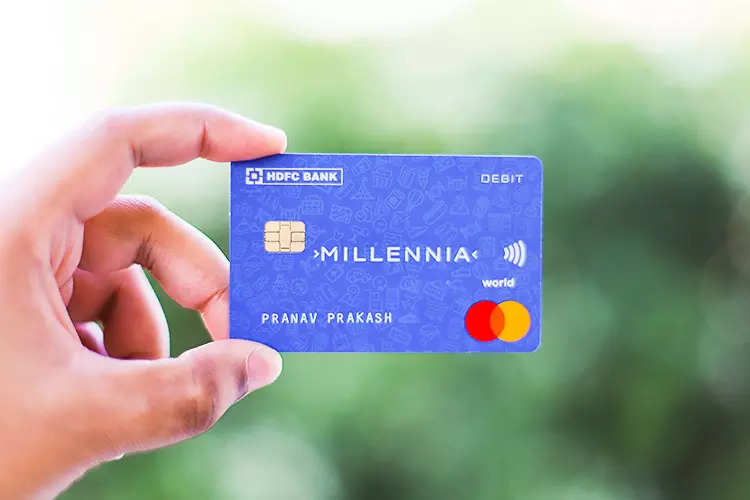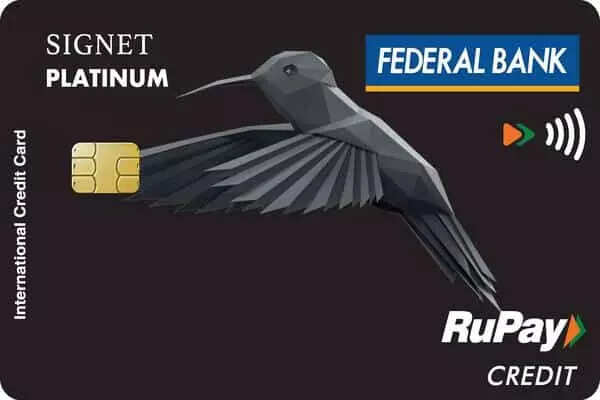The race for financial super apps in India is getting hotter.
Bank of Baroda will position its new digital platform bob World as the main bank and all banking channels will be an adjunct to the primary platform. The public sector lender is adopting a strategy similar to SBI, which is working to integrate all services on its Yono platform.
Bank of Baroda MD & CEO Sanjiv Chadha has said that post-pandemic, the bank has seen a surge in digital transactions and twice the number of branch visits are happening on the app. “So rather than being an adjunct to the bank, it will be the bank and the other parts of the lender will become an adjunct. The thought was to enable everything that can be done in the branch within the app,” said Chadha.
Here are other few banks and companies that are building up the super app.
Tata Group

Tata Group is planning to come up with its own super app and bring its various consumer businesses under one digital umbrella and offer a seamless omnichannel experience. It is also making acquisitions such as Bigbasket and 1mg to bolster its digital presence.
“It will be a super app, a lot of apps in apps and so on … We have a very big opportunity … How do we give a simple online experience connecting all of this, and at the same time a beautiful omnichannel experience? That is the vision,” N Chandrasekaran, chairman, Tata Sons had said.
The company is looking to leverage its huge consumer base which is spread across various categories and build a “world-class platform out of India to serve the Indian consumer”.
Tata Group has a host of consumer-facing brands that include grocery items, fashion brands, and electronics brands.
In terms of financial services, Tata Group has an insurance company as well as a consumer finance arm, which can be easily integrated into its super app.
Paytm

Paytm, which lacks services such as ride hailing, food delivery, and online groceries, is the leader in the race at present. The app had 85.49 million monthly active users in March 2020. The company has launched a mini-apps store and partnered with companies like Ola, Domino’s, and Decathlon.
It plans to have a million such apps on its store by 2021. Mini apps are custom-built web apps that give users an app-like experience without needing to download one. The listing and distribution of these mini apps within the Paytm app is free of charge, and users can use the Paytm wallet, Paytm Payments Bank, UPI, or net banking for payments at no charges, and credit cards at a 2% fee. These apps are low-cost and quick to build, using HTML and JavaScript.
The company claims it has 325 million registered wallets, which is higher than the 200 million active UPI handles that have been created in the country.
Now the company has set its sights on using the platform to sell multiple financial services such as digital gold, mutual funds, insurance, and consumer and business loans.
SBI Yono
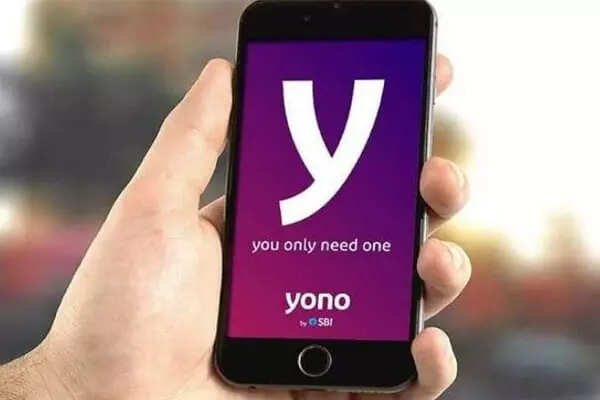
State Bank of India (SBI) is looking to build its super app Yono into a wider platform that can be used by rival lenders. The bank’s plans to create a platform for Yono that will be integrated with regional rural banks or cooperative banks. The plan is to turn the app into a platform where all banks, including SBI, can offer their products and services. The bank feels that the product will be more valuable to investors once the app is fully built out as a platform.
Yono user base has nearly doubled to 32 million at the end of December 2020 from 17 million a year ago.
SBI disbursed personal loans worth Rs 15,996 crore through more than 1 million Yono loan accounts between April and December 2020. It is now looking to extend it to home loan customers and make the entire process online. It is also planning to go big with its multi-lingual Yono Krishi platform that offers services such as Yono Khata, Yono Bachat, Yono Mitra and Yono Mandi to its farm customers. It wants to expand Yono Business through which it has made it easier for corporate customers to apply for letters of credit and bank guarantees.
Reliance Retail
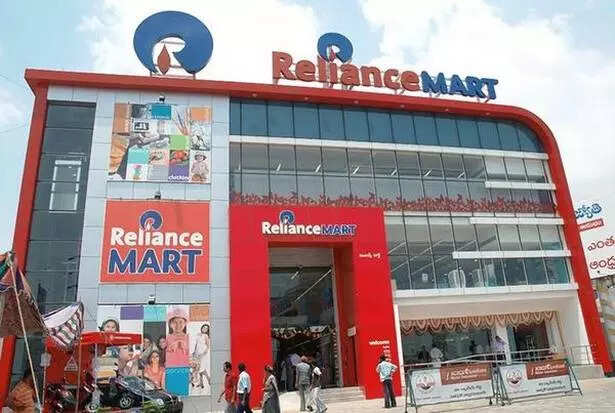
Reliance Retail Ventures Ltd’s acquisition of a controlling stake in business-to-business (B2B) search engine Just Dial (JD) will provide it with access to a large merchant base for its new commerce platform JioMart. It will also allow it to harness JD’s evolution into a super app that will help book flights, train and bus tickets, cabs and hotel rooms and pay bills, as well as provide other services.
Reliance Retail plans to onboard 10 million merchant partners for its new commerce initiative over the next three years. The acquisition will allow RRVL to leverage JD’s database of 30.4 million business listings and its consumer traffic of 129 million quarterly unique users as on March 31, 2021.
JD’s B2B platform, JD Mart, matches wholesalers and manufacturers with retailers and industrial buyers, according to Credit Suisse.
Also, Facebook and telecom giant Reliance Jio are coming together to figure out the possibility of a super app, similar to the multipurpose Chinese platform WeChat. They are reportedly hoping to develop the app using the WhatsApp platform as well as its huge user base.
The platform would be a place for users to chat, while also letting them shop for groceries from Reliance Retail stores, for clothes and apparel and make digital payments using JioMoney.
WhatsApp

WhatsApp has a vast user base in India, but it has too few services to offer and must build and maintain its fintech muscle. The variety of its product portfolio and the speed of implementation will determine whether it can topple the incumbents in India. It may also have to face regulatory hurdles in India.
Bajaj Finance
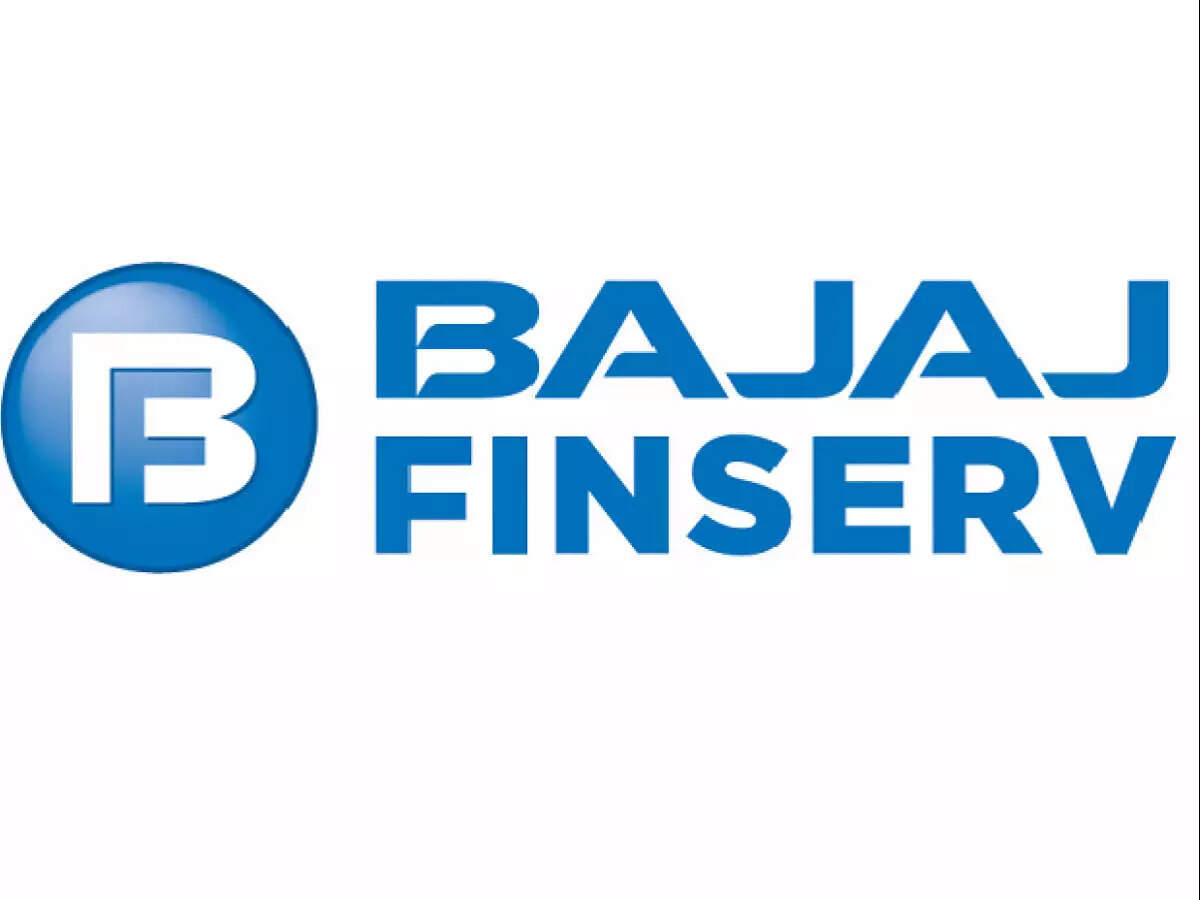
Bajaj Finance has recently stepped up its wallet business. Its cross-sell franchise has about 27 million customers with around 70% of all no-cost EMI loans given for offline consumer durable purchases being through it.
Bajaj has recently launched a payments app and looks to be on the way to build a super app. The launch of the digital wallet is part of a broader strategy by the consumer NBFC to expand its digital finance offerings. The company has been rolling out ‘Bajaj Pay’ in phases to expand into the payments segment.

